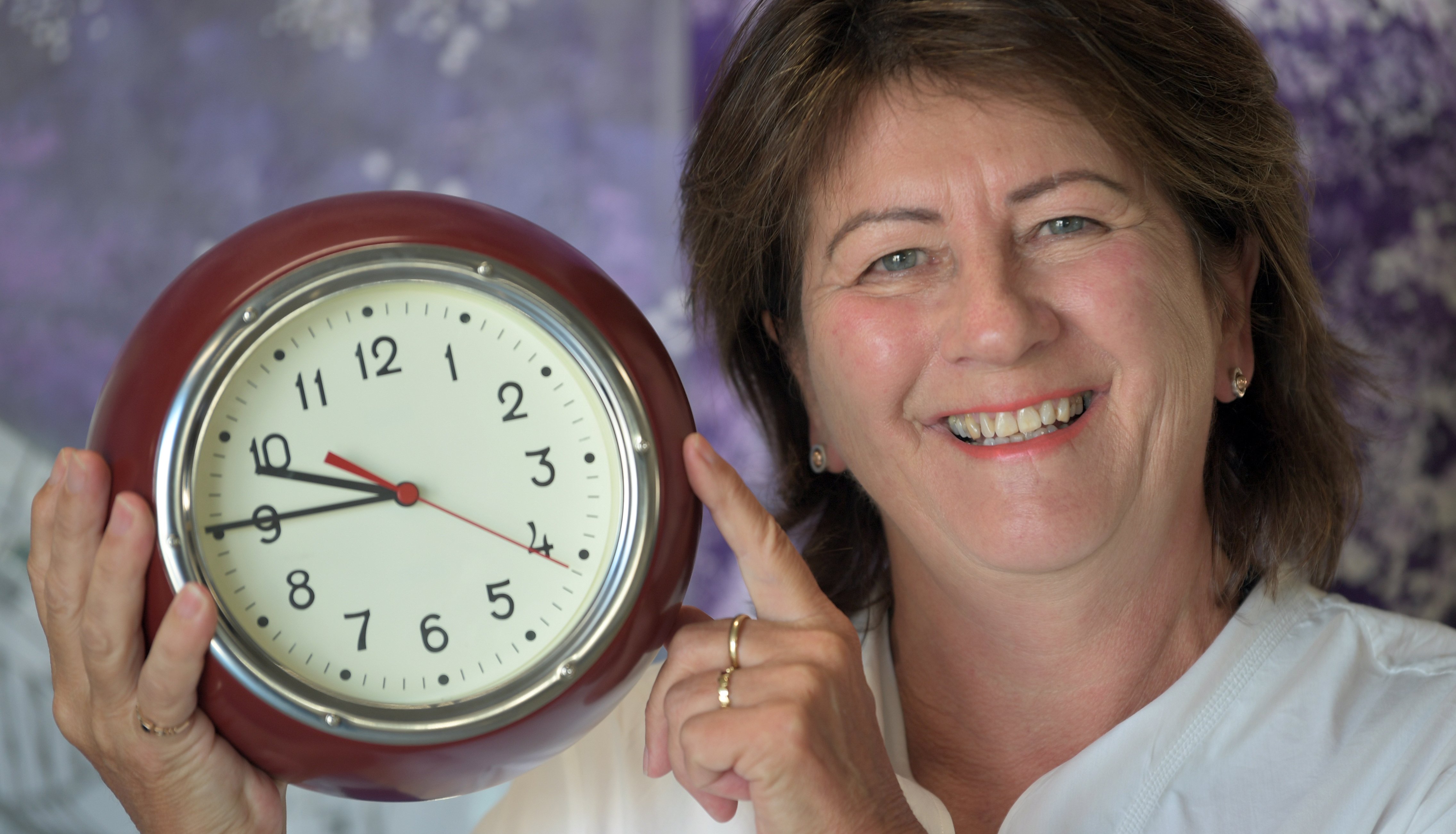However, the researchers were acutely aware that later school start times for senior pupils would impact many people and organisations in a variety of ways.
Research leader and University of Otago paediatrics and child health Prof Barbara Galland said the research group was now surveying pupils, parents, teachers, principals and other affected stakeholders, on what they thought might help or hinder schools considering shifting to later starts.

She said adolescents’ natural sleep-wake biology shifted at puberty to favour later bed times, meaning they naturally needed to wake later in the morning, and that did not change again until they were about 21.
"We argue that a later school start time - no earlier than 9.45am - every day for senior secondary school students [in years 12 and 13] is an attractive, non-stigmatising approach to address adolescent sleep issues, and it is backed up by considerable published research on the issue from both here and overseas."
Increased sleep had the potential to favourably impact multiple areas of adolescents’ health and wellbeing, as well as academic success.
"All of those things have been shown in the literature of other studies.
"There are a few studies which have come out in the United Kingdom which show the benefits of 10am starts.
"We’ve also got lots of information from the Covid-19 pandemic when children were in lockdown and how much extra sleep they were getting.
"There is also research on afternoon versus morning timetables as well."
New Zealand schools had the flexibility to make the shift to later starts, but a major barrier they had found so far was that many people did not want school to finish later.
Schools could ease that barrier by shortening the lunch hour to just 30 minutes.
"There are a lot of barriers to this.
"It all impacts so many people, so we have to do this formative work before we can even start considering a trial in schools.
"[A trial] is certainly our next step, after we’ve done all the research."
Seth Black (18), who went to Tokomairiro High School, said starting at 9.45am would have been ideal for him.
He naturally woke up about 9am every day and struggled to work early in the morning.
"I’d say it’s about bang on."
He found himself far more productive at night and did not get into bed until between 10pm and midnight on school nights. — Additional reporting Wyatt Ryder







